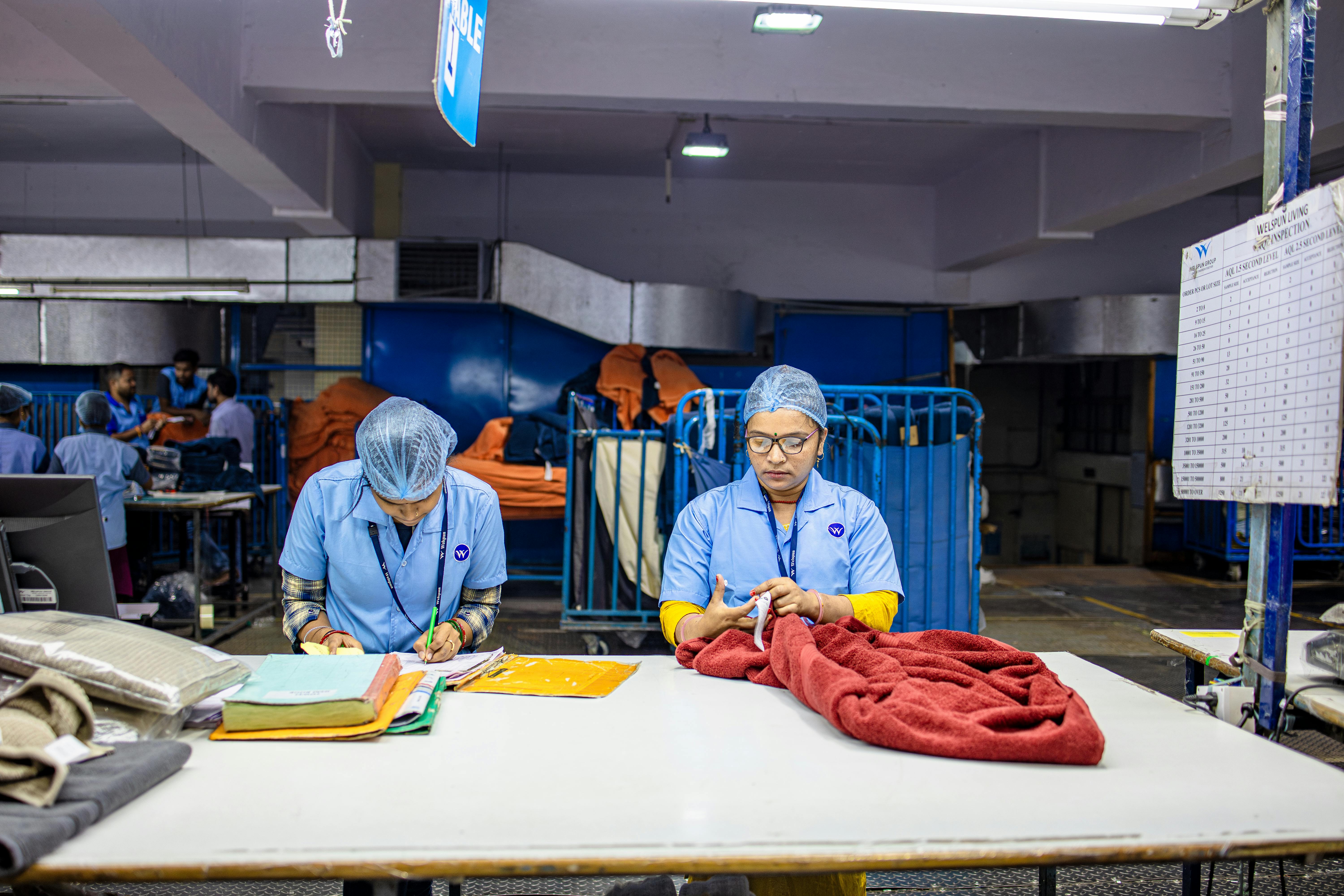Top 5 Options for Surgical Tech Careers in 2025: Expert Insights to Advance

Essential Guide to Becoming a Surgical Tech in 2025: Practical Steps to Succeed


Understanding the Role of a Surgical Technologist
The journey to becoming a successful surgical technologist begins with understanding the essential aspects of the role. A surgical tech plays a critical part in any surgical team, providing support before, during, and after surgical procedures. This includes preparing sterile equipment, assisting surgeons during operations, and ensuring an optimal operating room environment. Understanding these responsibilities is crucial for anyone interested in the surgical tech career path.
Surgical Tech Job Description
The surgical tech job description provides insight into the daily responsibilities of these vital healthcare professionals. Surgical technologists prepare the operating room for surgery, ensure that instruments are sterile and ready for use, and assist in passing instruments to surgeons during procedures. They also have duties related to patient care, such as monitoring vital signs before the procedure and supporting the recovery process post-operation. Familiarity with tasks like these can help prospective surgical techs gauge their suitability for this fast-paced, dynamic career.
Surgical Tech Responsibilities
Surgical techs carry a variety of surgical tech responsibilities that demand strong attention to detail and the ability to function well under pressure. Key responsibilities include assisting with prepping patients for surgery, positioning them properly on the operating table, and ensuring that all necessary instruments and supplies are on hand. Moreover, they play a role in maintaining patient safety in surgery by following strict protocols regarding sterile technique. Understanding these important duties can better prepare aspiring surgical techs for their future careers.
Surgical Tech Skills Required
To excel as a successful surgical technologist, it's essential to develop a specific set of surgical tech skills. Key skills include excellent communication, critical thinking, and the ability to remain calm in high-pressure situations. Additionally, proficiency in using various surgical instruments and knowledge of anatomy for surgical techs are vital. Building these skills through education and hands-on training during surgical tech training programs will give prospective surgical techs a strong competitive advantage.
Paths to Becoming a Surgical Technologist
Understanding how to become a surgical tech involves exploring the different educational paths available. Individuals typically have the option of pursuing a diploma, certificate, or a degree in surgical technology. The right choice depends on one's career goals, financial situation, and time commitment.
Surgical Tech Schools and Programs
Choosing the right surgical tech school is critical for success in this field. It's essential to select an accredited institution that meets educational standards and offers relevant coursework. Students should look for programs that provide a comprehensive surgical technology curriculum, blending theoretical knowledge with practical training. Exploring options for surgical tech online courses or part-time programs can also provide flexibility for those needing to balance other commitments.
Surgical Tech Certification and Licensing
After completing a program, acquiring the necessary surgical tech certification is crucial for starting a career in this field. Often, graduates pursue certifications like the Certified Surgical Technologist (CST) or Passing the National Board of Surgical Technology and Surgical Assisting (NBSTSA) examination is necessary. Depending on regional laws, there may also be surgical tech licensure requirements to fulfill.
Clinical Experience in Surgical Tech Training
Gaining hands-on experience through surgical tech internships or externships is vital for anyone in this profession. It not only offers a practical understanding of the working environment but also aids in building a network of professional contacts. Exposure to various surgical settings enhances skill development and boosts confidence, preparing students for the demands of their future roles. Remember, real-world experience is invaluable when it comes to acquiring the competencies required for success.
Career Overview and Job Outlook for Surgical Technologists
The outlook for surgical technologists appears promising, reflecting a growing demand for healthcare professionals. According to recent data, the job outlook for surgical techs is projected to be above average, driven by the advancing technologies and increasing complexity of surgical procedures. Understanding potential career paths and salary and exploring opportunities for specialization can help aspiring surgical techs make informed decisions.
Surgical Tech Salary Trends
One of the appealing aspects of becoming a surgical technologist is the competitive salary associated with the profession. According to industry reports, the surgical tech salary averages around $50,000 per year, with potential for increased earnings based on experience, certifications, and location. Researching regional surgical tech employment opportunities can provide valuable insights into earning potential and job stability in specific areas.
Advancements and Specializations in Surgical Technology
Surgical technologists have various avenues to pursue within the field. With additional training, surgical techs can become specialized surgical techs, working in different areas such as trauma, obstetrics, or pediatrics. This advance surgical technology training allows surgical techs to hone in on their interests and further their careers while providing patient care for surgical techs in more focused roles.
Continuing Education and Career Advancement
Professional development is an essential part of maintaining a successful surgical tech career. Consider pursuing continuing education for surgical techs to stay current with advancements in surgical practices, techniques, and technologies. This may include participating in workshops, obtaining additional certifications, or joining surgical tech associations that provide networking opportunities and resources for ongoing learning.
Key Takeaways
- Understanding the role of a surgical technologist is the first step toward a successful career.
- Accredited educational paths provide essential skills and knowledge necessary for certification.
- Real-world clinical experience enhances job readiness and confidence.
- Career prospects for surgical technologists are promising, with a focus on continuous education and specialization.
FAQ
1. How long does it take to become a surgical tech?
Typically, completing a surgical technology degree takes about 1-2 years, depending on the program's format—a diploma, certificate, or associate's degree. Many schools offer accelerated programs for those looking to enter the workforce quickly.
2. What are the educational requirements for surgical tech education?
A high school diploma or GED is generally a requirement before enrolling in surgical tech training programs. Most programs will cover essential topics like surgical procedures, anatomy, and medical terminology, preparing students for their roles in surgery.
3. Are there online surgical tech programs available?
Yes, there are various online surgical tech programs, but they often require hands-on clinical training components which must be completed in person. It's essential to ensure any online program you explore is accredited and aligned with certification requirements.
4. What skills are essential for surgical technologists?
Essential skills for surgical techs include attention to detail, effective communication, and proficiency in sterile techniques. Moreover, as technology evolves, techs need to embrace innovative practices that enhance the efficiency of surgical workflows.
5. What are the potential challenges faced by surgical technologists?
Surgical techs may face challenges such as long hours, high-stress environments, and maintaining focus during complex procedures. However, many find the rewards of patient care and teamwork in surgery to be well worth the challenges they encounter.
6. Can surgical techs advance to other roles in healthcare?
Yes, with additional education and experience, surgical techs can advance their careers by becoming surgical first assistants or moving into management roles within surgical settings. Continuous learning and specialized training significantly enhance such opportunities.
7. Do surgical techs need any specific certifications?
Most surgical tech positions require certification, such as the Certified Surgical Technologist (CST). This typically involves passing a certification exam after completing an accredited program, allowing techs to demonstrate their knowledge and skill proficiency.